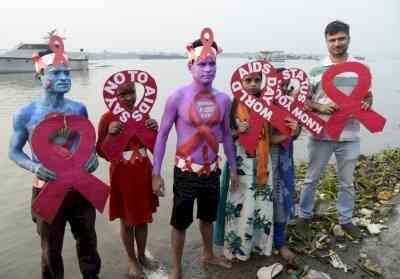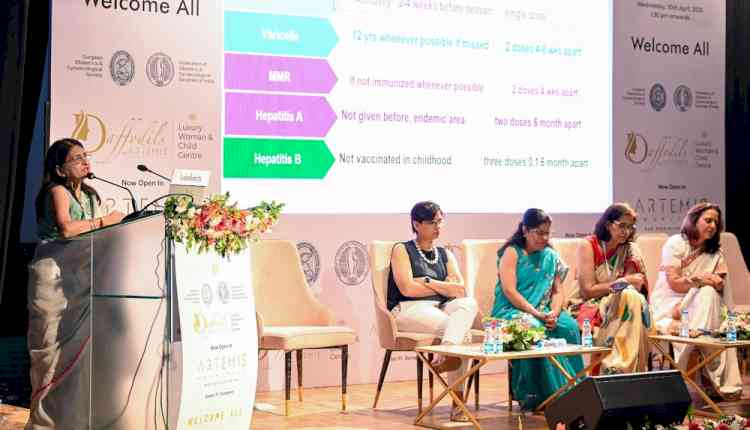Revising public policy on same-sex marriages fraught with risks (Opinion)
A five-judge bench of the Supreme Court announced a 3:2 verdict on the petition seeking marital rights for members of the LGBTQ+ community, declining to legalise same-sex marriage in India. This verdict prompted me to ask the opinion of my 30-year-old son. He very casually said, "Let them do what they want to do behind closed doors in their homes. Why should we bother?"

Chaman Farzana
Bengaluru, Oct 21 (IANS) A five-judge bench of the Supreme Court announced a 3:2 verdict on the petition seeking marital rights for members of the LGBTQ+ community, declining to legalise same-sex marriage in India. This verdict prompted me to ask the opinion of my 30-year-old son. He very casually said, "Let them do what they want to do behind closed doors in their homes. Why should we bother?"
I, too, felt he was right. But after giving it some thought, it made me feel that legalising homosexual marriages will definitely affect the social fabric of our country. Interestingly, three per cent of the Indian population identifies itself as homosexual and nine per cent as bisexual.
The idea of providing legal recognition to same-sex marriages is new to India while other countries across the world have a much longer history of granting the gay and lesbian community the right to marry.
The LGBTQ+ community in India has been fighting a long legal battle to gain the same rights as their heterosexual counterparts. However, we know little about how giving them the same rights and a legislation legalising same-sex marriage affects society and the gay community.
The belief that homosexual attraction and orientation is biologically determined and thus immutable, is now widespread. The concept of biological determinism has invoked arguments for legalisation of same- sex marriages and lesbi-gay parenting. In contrast to this, there is evidence that people can learn to control, reduce and even overcome their homosexual attraction and behaviour.
Richard Friedman and Jennifer Downey, Psychiatric Professors of Columbia University flatly reject the biological immutability claim in their 2002 book "Sexual Orientation and Psychoanalysis". Many more scientific studies also support this claim.
The experience of hundreds of psychologists who are treating and helping patients to understand the dynamic forces behind homosexuality and to gain control over them, provides evidence that sexual preference is not beyond human control.
The adverse health effects of homosexuality are many. The Gay Lesbian Medical Association (GLMA) describes the following detrimental effects associated with homosexuality: Higher rates of HIV/AIDS, STDs like anal papilloma, HPV, gonorrhea, syphilis & chlamydia, certain cancers and also psychological disturbances and diseases.
Revising public policy on same-sex marriages is a risky proposition. It is like legalising something which can be prevented. To base a significant change in legal policy, such as a redefinition of the meaning of marriage or an alteration of eligibility of adoption upon the belief that the homosexual attraction is biologically determined, would be irresponsible.
(The author is the General Secretary of the Social Justice Committee, Karnataka Pradesh Congress Committee, and retired professor, Mount Carmel College, Bengaluru)
--IANS
chaman/mka/rad


 IANS
IANS 










